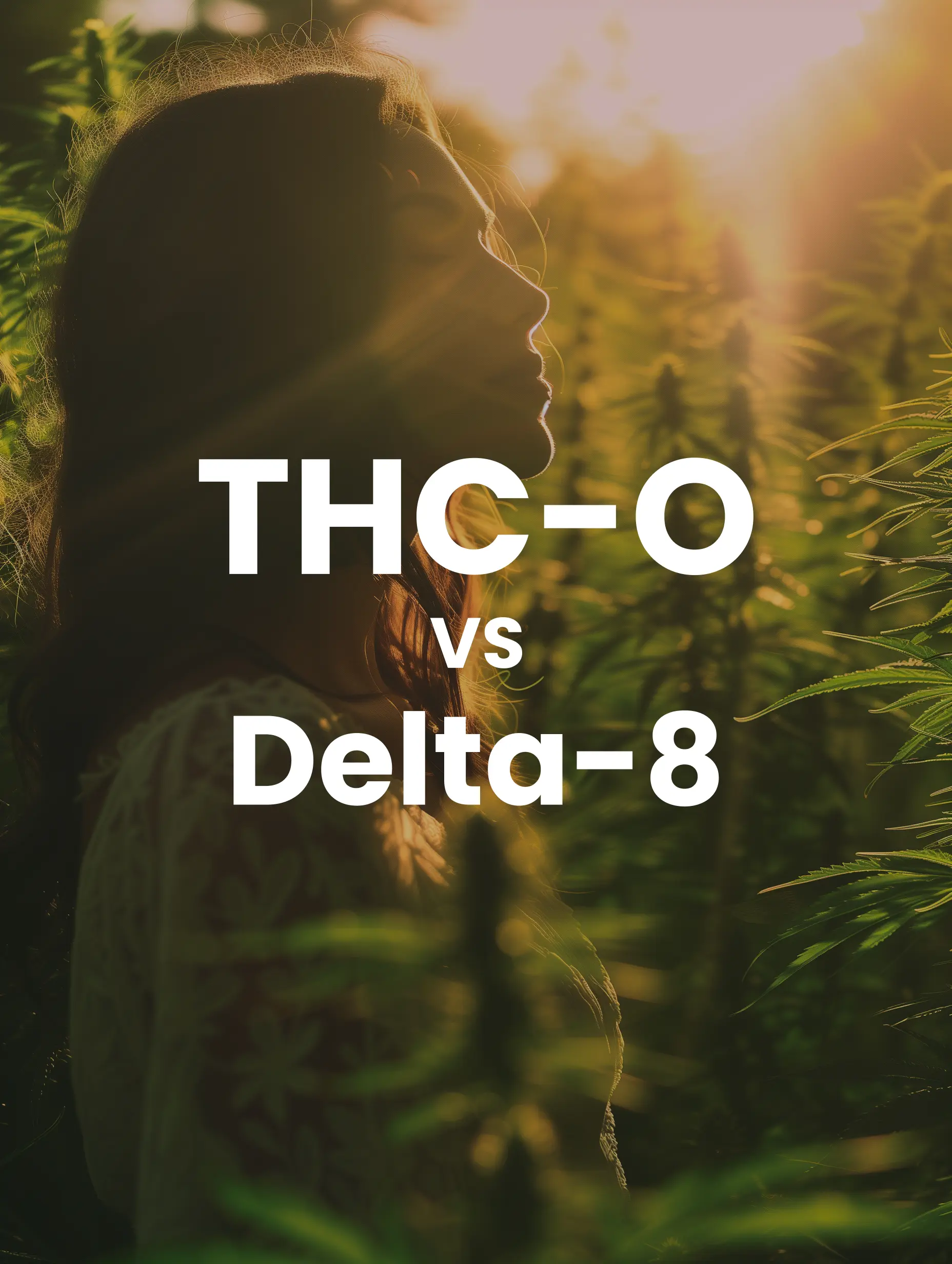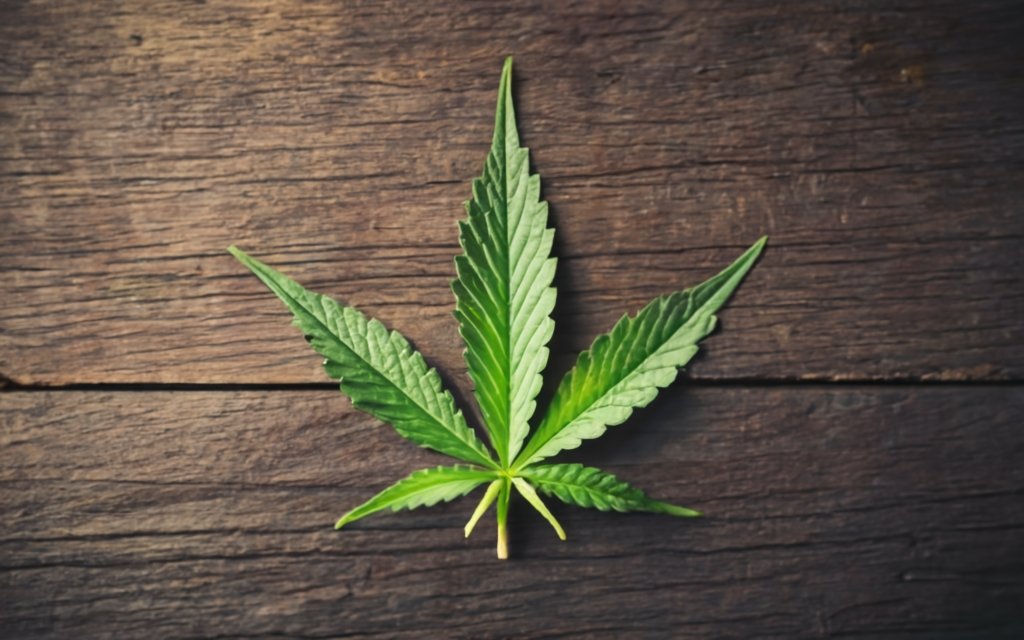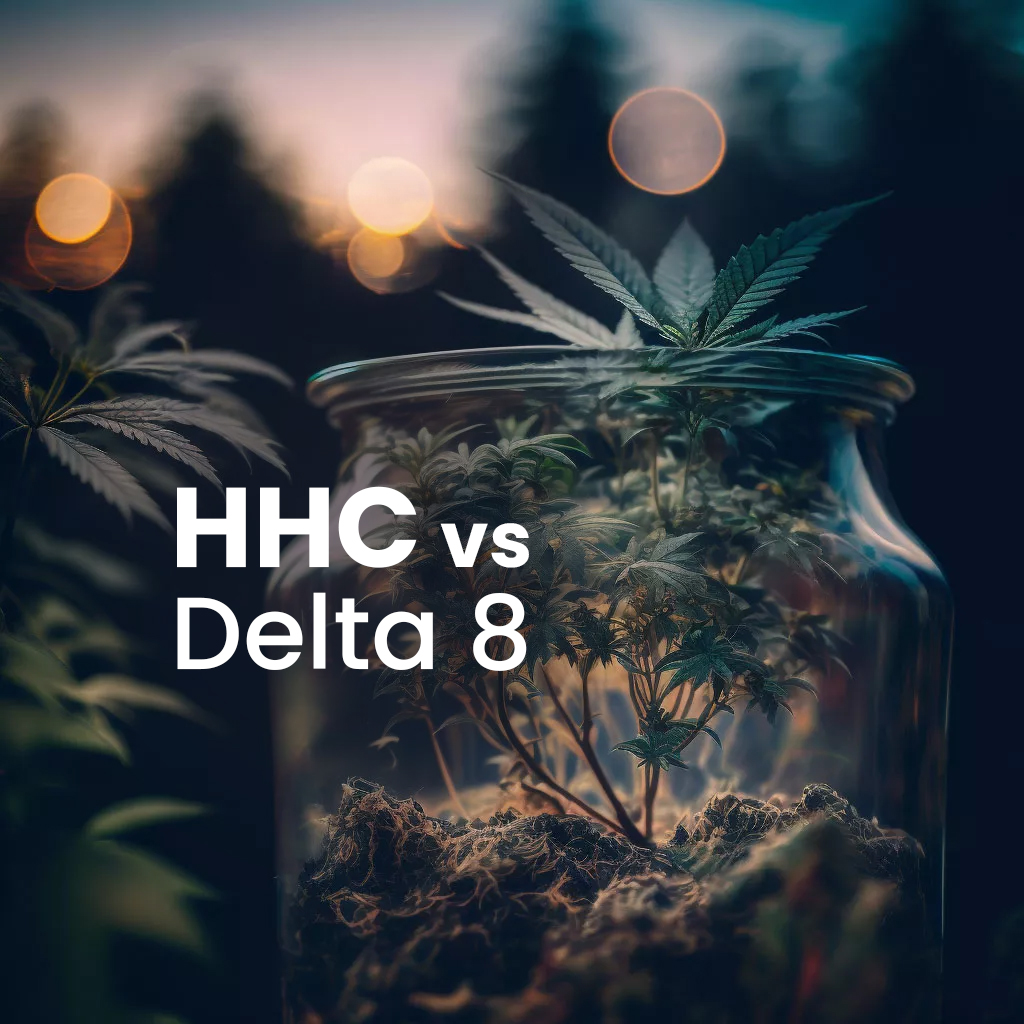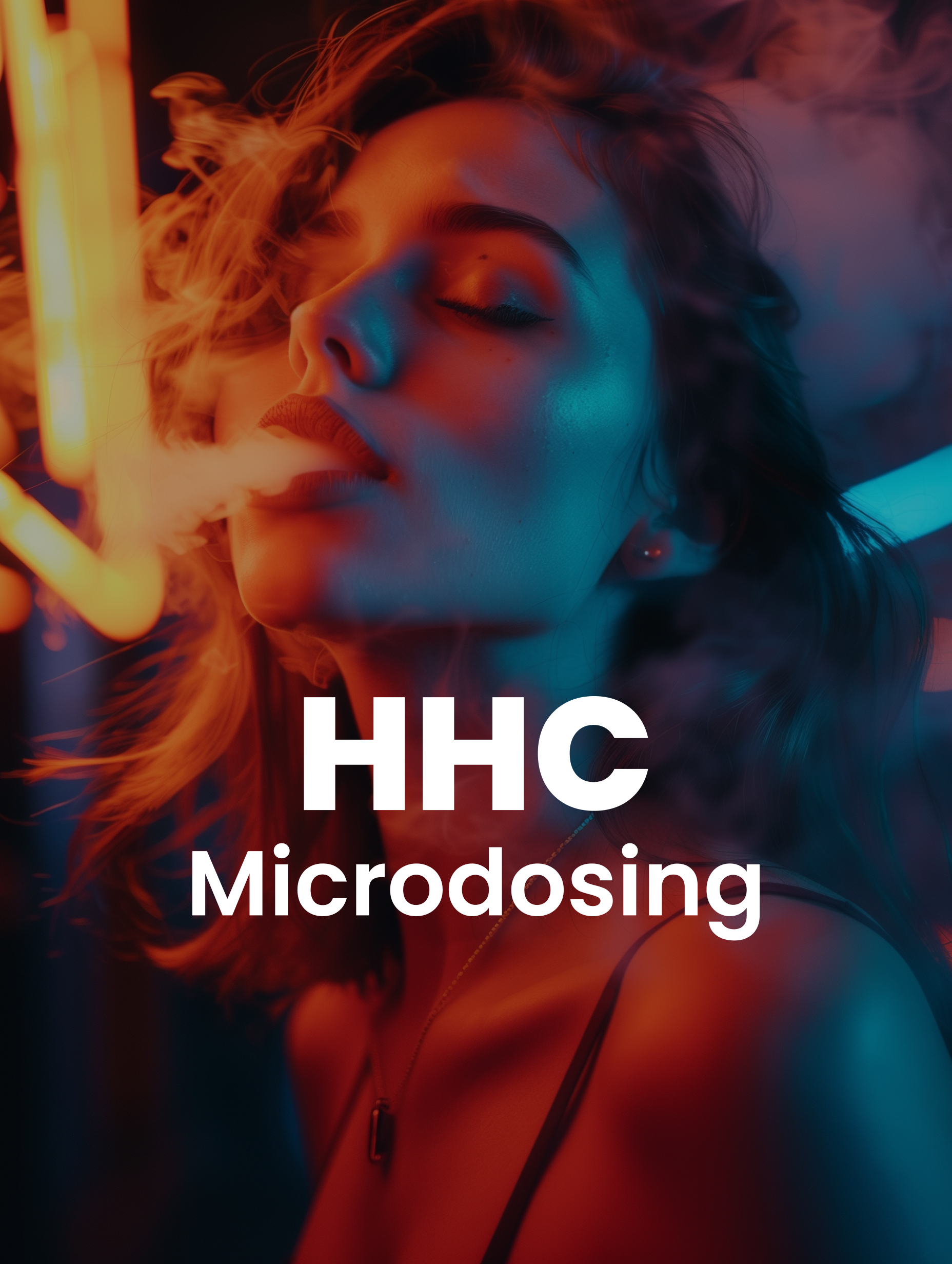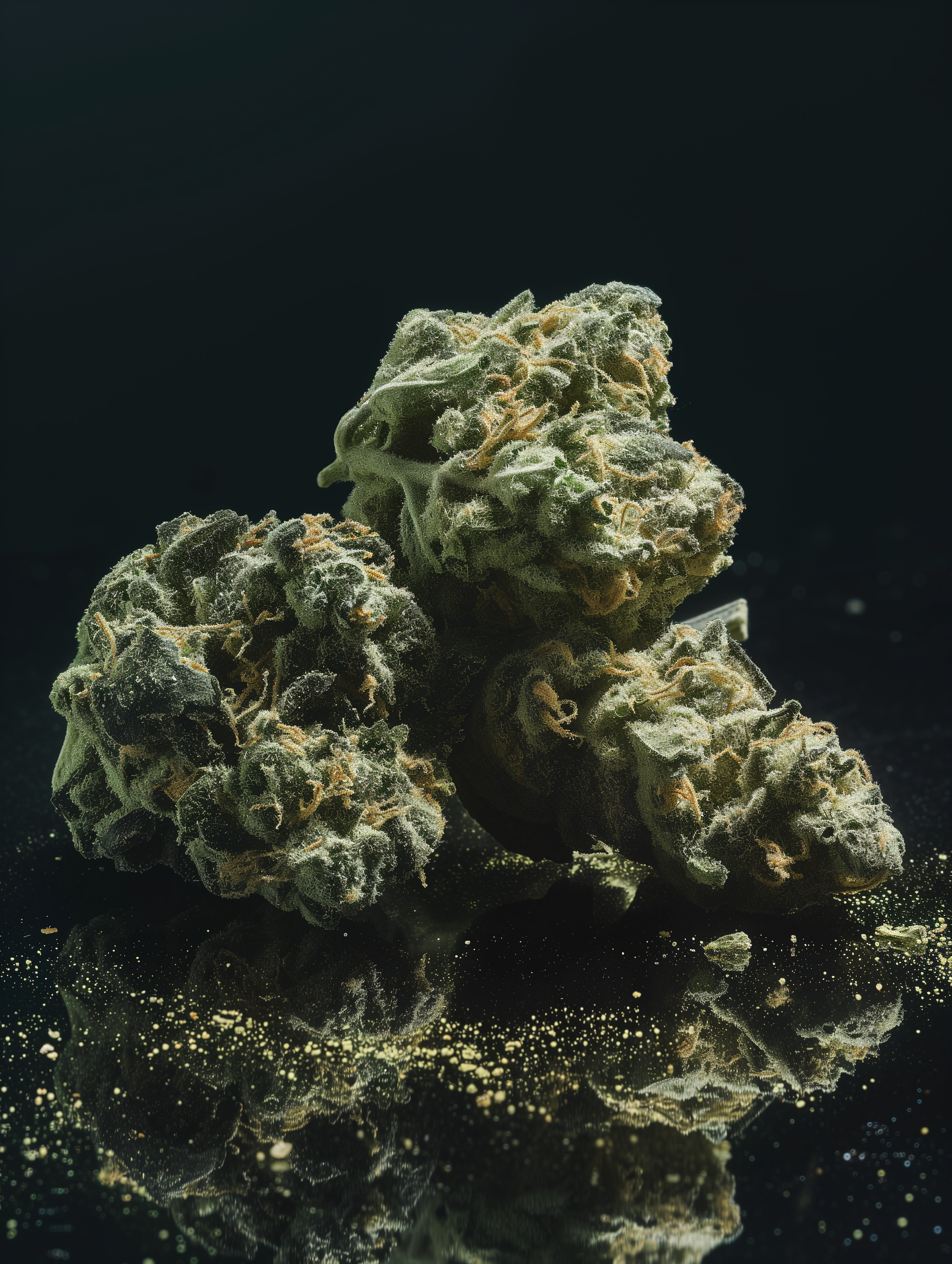Is HHC Stronger Than Delta 8
HHC (hexahydrocannabinol) and Delta 8 are two hemp-derived cannabinoids that have risen in popularity recently. Both produce mild psychoactive effects and are federally legal under the 2018 Farm Bill, which legalized hemp and hemp extracts.
With cannabis laws rapidly evolving, there is significant interest in understanding these cannabinoids better through rigorous scientific research. In particular, many users wonder how HHC and Delta 8 compare in terms of potency and effects.
This article will analyze the key differences between HHC and Delta 8 at the molecular level and explore what science and user experiences reveal about their relative strengths.


Key Takeaways
- HHC and delta-8 THC have effects similar to THC. However, they do not have a similar chemical structure. As a result, they have unique impacts on the body and mind.
- HHC is created through a hydrogenation process that alters THC’s molecular structure. Delta 8 is chemically closer to Delta 9 THC with a double bond transposition.
- Early studies and anecdotal reports suggest that HHC has notably higher psychoactive potency than Delta 8.
- Individual experiences vary based on product quality, dose and personal tolerance. Perceived potency is subjective.
- While emerging as popular legal alternatives, HHC and Delta 8 exist in a regulatory gray area. Always check local laws before purchasing.
- More research is needed on the long-term health impact and safety profiles of these minor cannabinoids.
Understanding Cannabinoids
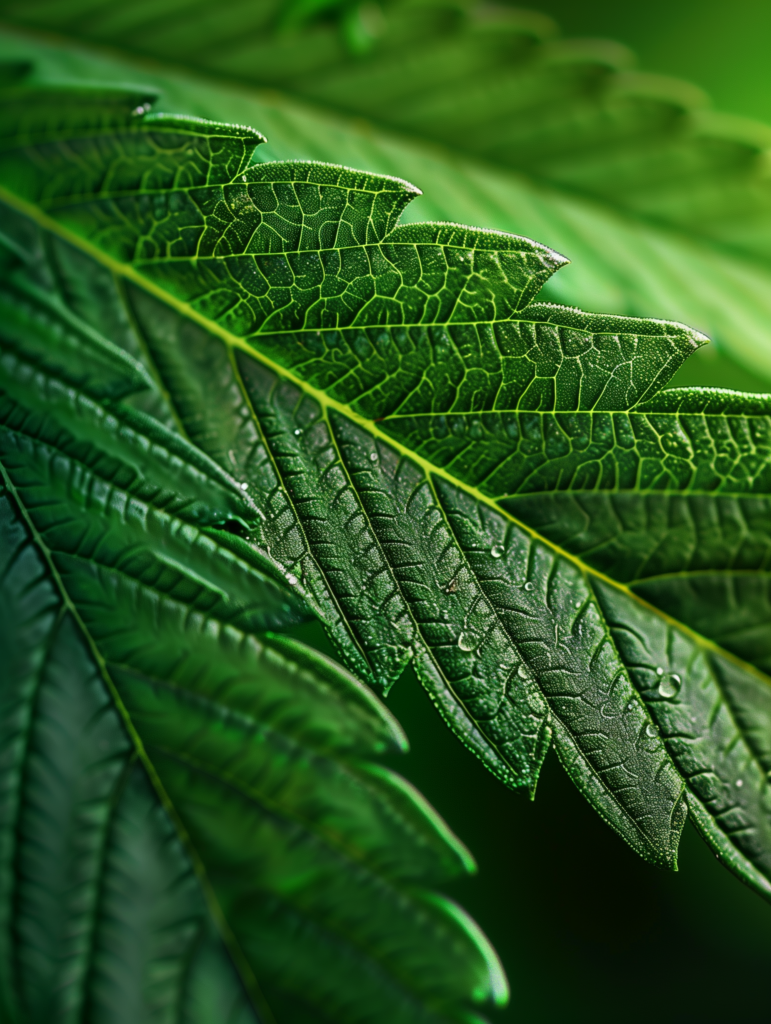
Cannabinoids are active compounds produced by cannabis plants like hemp and marijuana. They interact with the endocannabinoid system (ECS) in the human body which regulates biological functions like sleep, mood, appetite, and more.
The two main cannabinoid receptors are CB1, concentrated in the brain and nervous system, and CB2, located in the immune system. Different cannabinoids can bind to these receptors and influence various processes and sensations.
What is HHC?
HHC, short for hexahydrocannabinol, is a hydrogenated form of THC. Its chemical structure is almost identical to THC, with the key difference that double carbon bonds are replaced with hydrogen atoms.
Since HHC rarely occurs naturally occurring, most commercial HHC is produced through a chemical process called hydrogenation, which alters THC extracted from hemp. When created properly, this semi-synthetic HHC is federally legal.
HHC can be found in vape cartridges, tinctures, edibles and other products. However, due to regulatory uncertainties, availability currently varies by state.
What is Delta 8?
Delta 8 THC is a minor cannabinoid closely related to the main psychoactive compound in cannabis, delta 9 THC. The key distinction is the placement of its double carbon bond on the 8th chain instead of the 9th.
Like HHC, concentrated amounts of delta 8 are derived from hemp through chemical synthesis, most commonly by isomerizing CBD. When meeting federal hemp plants standards, commercial delta 8 products are legal at the federal level.
Delta 8 can be purchased in various forms like vapes, gummies, flower, tinctures and more. But legality varies between states, with some restricting or banning delta 8.
Compared to conventional delta 9 THC, delta 8 is considered less potent, with milder psychoactive effects. Delta 8 is also distinct from non-psychoactive CBD.
HHC vs Delta 8: Chemical Differences
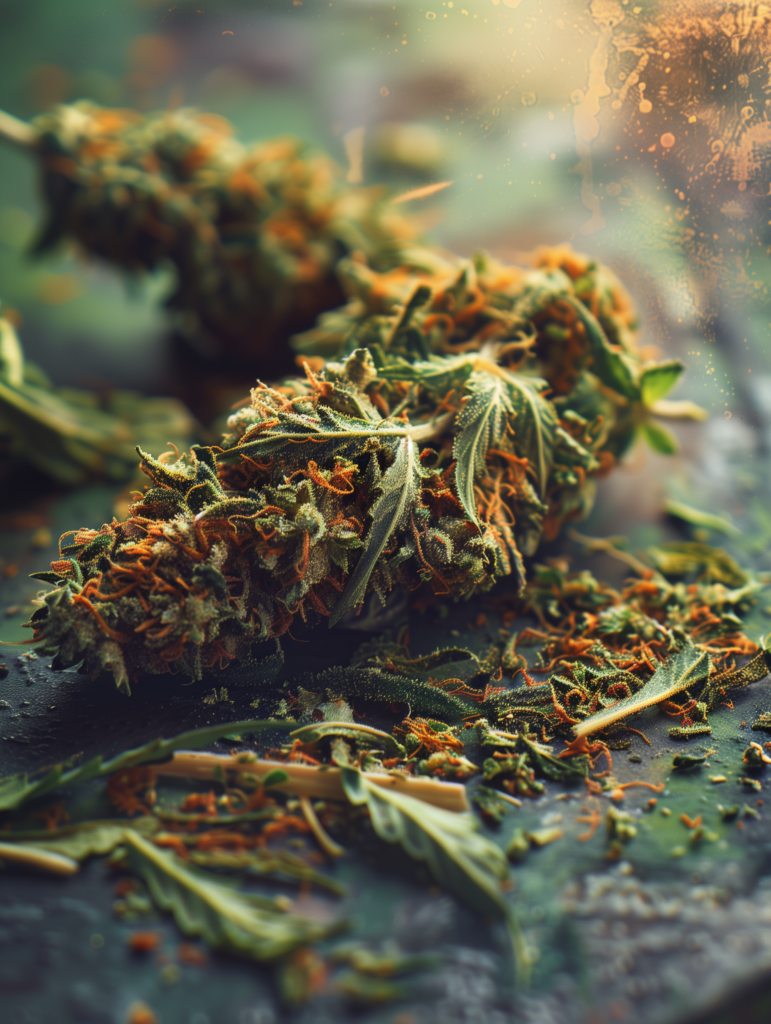
Despite their similarities, HHC and delta 8 have distinct chemical structures:
- The hydrogenation process that creates HHC involves saturating the carbon double bonds with hydrogen atoms through chemical reactions, resulting in a compound structurally similar to THC but without the double carbon bonds.
- HHC contains hydrogen atoms in place of delta 8’s double carbon bonds.
- Delta 8’s bond is on the 8th carbon chain, while HHC shares THC’s bond on the 9th carbon chain.
- HHC has a fully hydrogenated form of THC, while delta 8 is an isomer with the bond shifted over.
These molecular differences affect how HHC and delta 8 interact with the endocannabinoid system and influence their relative psychoactive potency.
Effects of HHC

Research specifically analyzing HHC’s effects is still limited. However, anecdotal reports indicate that HHC provides several beneficial effects:
- Euphoria and mood enhancement
- Relaxation and calmness
- Lucid and energetic mental state
- Relief from stress and anxiety
These effects result from HHC binding with CB1 receptors concentrated in the brain and central nervous system. Early studies suggest HHC may have a higher binding affinity and potency compared to THC and D8.
Users note that HHC delivers clear-headed euphoria and stimulation reminiscent of sativa cannabis strains. At higher doses however, it can stun mental and physical capacities similar to Delta 9 THC.
Effects of Delta 8

Delta 8 THC connects with the same cannabinoid receptors as Delta 9 THC, but with less psychotropic intensity. Users report that Delta 8 provides wide range:
- Mild euphoria
- Relaxation and anti-anxiety effects
- Improved focus and clarity
- Enhanced enjoyment of activities
- Increased appetite
The consensus is that D8 delivers a lighter high that for many is more manageable and pleasant than Delta 9 THC. It reduces anxiety and side effects sometimes experienced with cannabis like paranoia or couchlock.
Is HHC Stronger Than Delta 8? Analyzing Potency
Limited research exists directly comparing hhc and d8. However, examining the available scientific studies and anecdotal reports gives us some perspective.
A 1977 study found HHC to be active at doses around 10 times less than THC1. This suggests it could be significantly more potent than THC.
A 2018 study noted Delta-8 has an affinity for CB1 receptors that is around 2-3 times less than THC, indicating lower potency2.
Anecdotal experiences largely corroborate the scientific findings. Most users agree that HHC noticeably stronger than delta-8 in terms of psychoactive intensity.
However, perceived potency can be subjective. Individual experiences are influenced by the specific product, dose, and one’s own body chemistry and tolerance levels.
Nonetheless, existing information implies that hhc products generally provides more intense effects than d8 for most consumers. But more human subject research would help draw definitive conclusions.
Safety and Legality
Despite being hemp-derived, HHC and Delta 8 exist in a legal gray area. Their production methods and psychoactive nature have raised regulatory concerns.
A few states like Colorado have banned HHC and D8, while others permit their sale and use. However, legality frequently changes so always check local laws before purchasing these compounds.
Limited research means the long-term health impact of HHC and Delta-8 is not fully established. But current evidence suggests they have relatively low risk and toxicity at typical doses when properly manufactured.
Still, it’s best to exercise caution when taking any substance that alters the mind. Seek professional medical advice if unsure about using HHC, D8 or any cannabis-derived product.
Final thoughts
HHC and Delta 8 are hemp-derived cannabinoids that have become popular alternatives to THC. Early research and user experiences suggest that HHC typically provides more intense psychoactive effects compared to delta 8. However, perceived potency is subjective and can vary based on individual factors.
While emerging as legal options, HHC and D8 still exist in a regulatory gray area. It’s important to use caution and verify local laws before purchasing these compounds.
Frequently Asked Questions
What is the legal status of HHC and D8 in united states?
The legality of HHC and Delta 8 varies by state. While produced from hemp, some states prohibit them entirely. Always check local laws before purchasing as regulations frequently change.
How do HHC and Delta-8 affect the body differently?
HHC and D8 interact with the same cannabinoid receptors but produce different effects based on their distinct chemical structures. HHC generally delivers more potent psychoactive effects while Delta 8 is known for clear-headed relaxation.
Can you build tolerance to hhc or delta 8?
Yes, with repeated frequent use of HHC or delta8 you can build a tolerance and require higher doses to achieve the same effects. Taking breaks can help lower tolerance buildup.
Are there any side effects associated with HHC or D-8?
Potential side effects can include drowsiness, anxiety, dry mouth, headache or changes in visual/auditory perception. These are usually mild at appropriate doses. Those with health conditions should consult a doctor before use.
Where can I find reliable sources of HHC and Delta 8 products?
Look for reputable brands that provide third party lab drug testing results for potency and purity. Avoid gas stations, head shops and unverified online sellers when purchasing HHC or Delta-8 products.
The statements on this blog are not intended to diagnose, cure, treat or prevent any disease. FDA has not evaluated statements contained within the blog. Information on this website or in any materials or communications from Inheal is for educational/informational purposes only and is not a substitute for medical advice, diagnosis, or treatment. Please consult your healthcare provider before making any healthcare decisions, correct dosage or for guidance about a specific medical condition.

A connoisseur of cannabis creativity and true contemplation with more than 20 years of experience, Chris extracts deep thoughts from getting lightly baked and shares his wandering mind. He blends cuisine and cannabis culture into nutritious, delicious recipes and insights for other hemp lovers.
Related Posts

THC-O vs Delta 8: An In-Depth Scientific Comparison

How Long Does Delta 8 Stay in Your System? Find Out Now!

Comparing HHC vs Delta 8: Which is Right for Me? – Inheal

Guide to Microdosing HHC for Focus, Creativity, and Wellness

Is HHC Legal in Your State? Everything You Need To Know

Exploring Benefits of Delta-8 THC for Workout Regimens

Does Delta 8 Show Up on a Drug Test? Surprising Answer Inside!

Delta 8 Dosage Chart

Why are Cannabis Users Raving About Marijuana Moon Rocks?
All Posts


